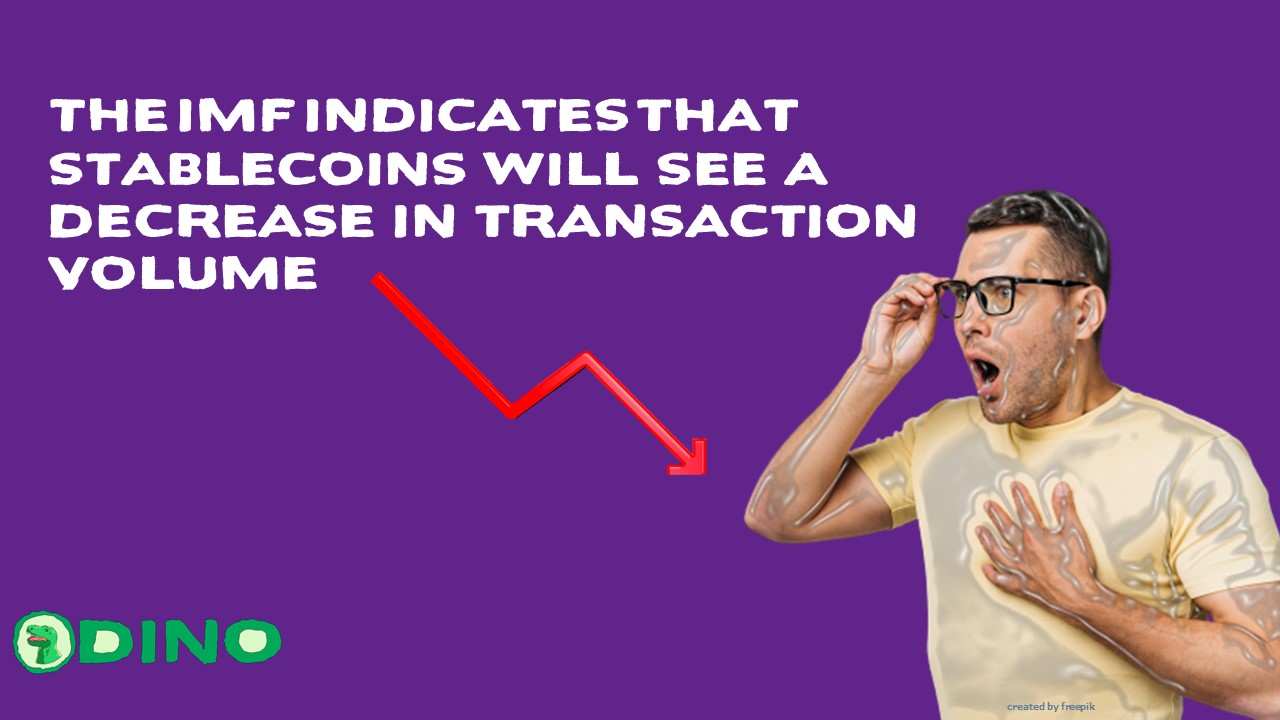US Senators criticize the SEC’s handling of the Digital License (Debt Box) case, raising concerns about investor protection and judicial integrity.
Understanding Digital Licenses
In the evolving landscape of financial technology and digital assets, the concept of a digital license has become increasingly significant. As entities delve into activities involving digital securities or assets, adherence to regulatory standards set by the U.S. Securities and Exchange Commission (SEC) is crucial. A digital license, therefore, represents a form of authorization or certification that permits a company or entity to operate within the digital asset sphere under the oversight of the SEC.

Senatorial Critique of SEC’s Approach to Digital License
A number of US Senators have voiced strong condemnation of the newest incident involving the US Securities and Exchange Commission (SEC) and the cryptocurrency corporation Digital License, which operates under the moniker Debt Box. The topic has garnered public attention. In an open letter to SEC Chairman Gary Gensler, five Republican senators—J.D. Vance, Bill Hagerty, Katie Boyd Britt, Thom Tillis, and Cynthia Lummis—have voiced their concerns. The Senators’ displeasure with the SEC’s handling of the issue is evident in the letter, in which they charge it with transgressing ethical and professional standards.
They cited several SEC measures that they felt compromised the integrity of the judicial system and called into question the agency’s commitment to safeguarding investors, such as the freezing of the company’s assets and fraudulent statements made in court. The scandal started when Debt Box was sued by the SEC for allegedly participating in a fraudulent cryptocurrency scheme that involved selling securities backed by unregistered cryptocurrency assets to American investors.
Due to this action, the company and associated parties were subject to a temporary asset freeze, which caused Debt Box to temporarily close and caused the original Debt token’s value to drop by more than 56%. Following District Judge Robert J. Shelby’s extensive investigation, the SEC can be subject to penalties for its false representations.
On January 30, 2024, the SEC ultimately chose to dismiss the case “without prejudice,” which implies that the SEC may possibly bring a new action against the corporation at a later date. Serious concerns concerning the SEC’s enforcement activities and their effect on public confidence in the agency have been brought up by this case.
More news about Crypto : NEWS
Follow our Twitter : https://twitter.com/DinoDapps




